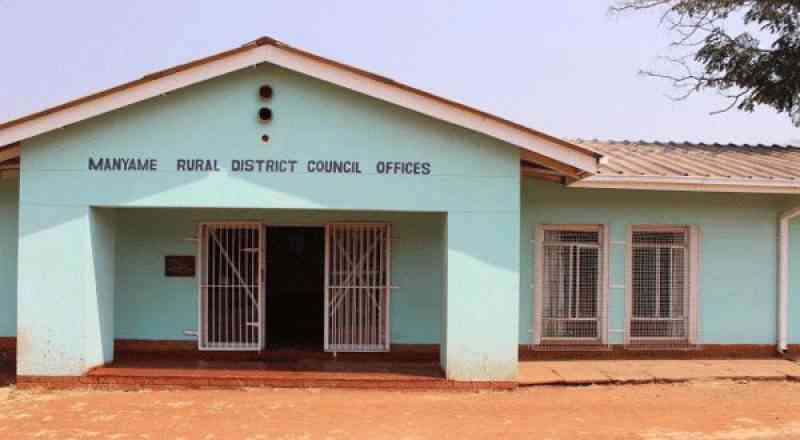
INDUSTRY and Commerce minister Sekai Nzenza yesterday admitted in Parliament that the moratorium on prices increases imposed by government on retailers during the COVID-10 crisis had not worked, with prices of basic commodities shooting through the roof.
BY VENERANDA LANGA
Nzenza appeared before the Parliamentary Portfolio Committee on Industry and Commerce chaired by Chimanimani East MP Joshua Sacco where she was grilled on price increases, the industrialisation strategy post-COVID-19 and the dispute between farmers and sugar miller, Tongaat Hulett.
Prices of basic commodities are now beyond the reach of many, with a 10kg bag of mealie-meal, which is supposed to sell at a subsidised price of $70, now costing around $170 at most retail outlets.
This is despite government, through Vice-President Kembo Mohandi, trying to freeze prices of basic goods at levels obtaining on March 25, a few days before the country was placed on COVID-19 lockdown.
“This agreement with VP Mohadi was done in good faith and based on moral suasion, but what we have noted is that the moratorium on the increase in prices has not worked and I want to admit that it is partly because of the cost of production, lack of foreign currency to bring raw materials needed for production and some of the borders have closed and prices have remained high,” Nzenza said.
“Another point is to do with behaviour and monetary practices, where retailers and manufacturers have not been sympathetic to consumers and we are witnessing rent-seeking behaviour which is affecting inflating and parallel market rates which change on a daily basis and is difficult to control.”
As a result, Nzenza said President Emmerson Mnangagwa had an urgent meeting with Finance minister Mthuli Ncube and Reserve Bank of Zimbabwe governor John Mangudya to address the issue, adding that positive announcements would be made soon.
- Chamisa under fire over US$120K donation
- Mavhunga puts DeMbare into Chibuku quarterfinals
- Pension funds bet on Cabora Bassa oilfields
- Councils defy govt fire tender directive
Keep Reading
On the price of subsidised roller meal, Nzenza told Parliament that it was either being smuggled outside the country or sold at tuckshops at exorbitant prices, leading to shortages.
“We will now ensure that each subsidised bag of roller meal is marked ‘government of Zimbabwe subsidised roller meal’ to curb abuse. My ministry will be working with the millers to ensure that our verification process is done on time.”
She said millers get the maize from the Grain Marketing Board and mill it and then take it to retailers, and they go back for verification to ensure that government pays the subsidy.











